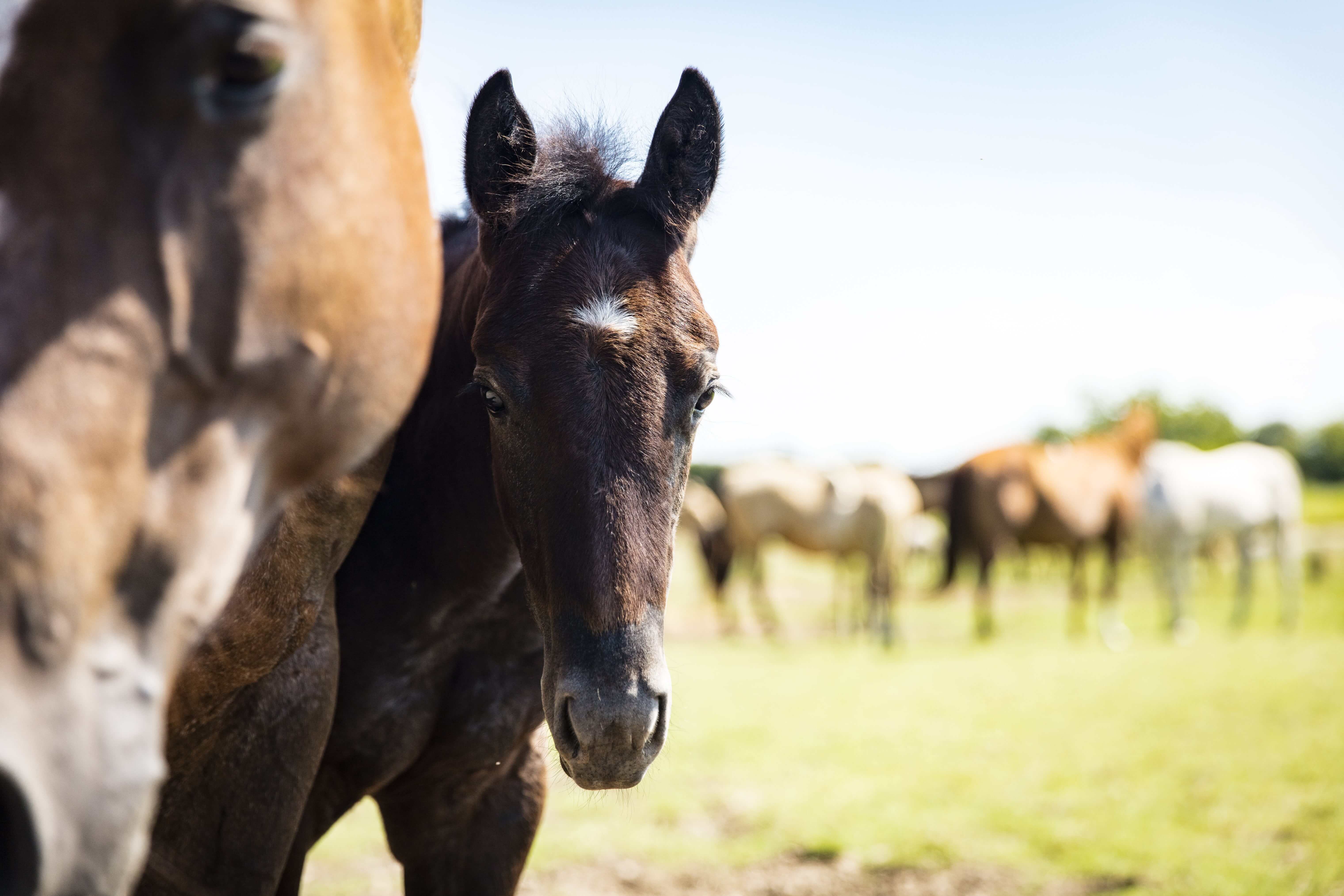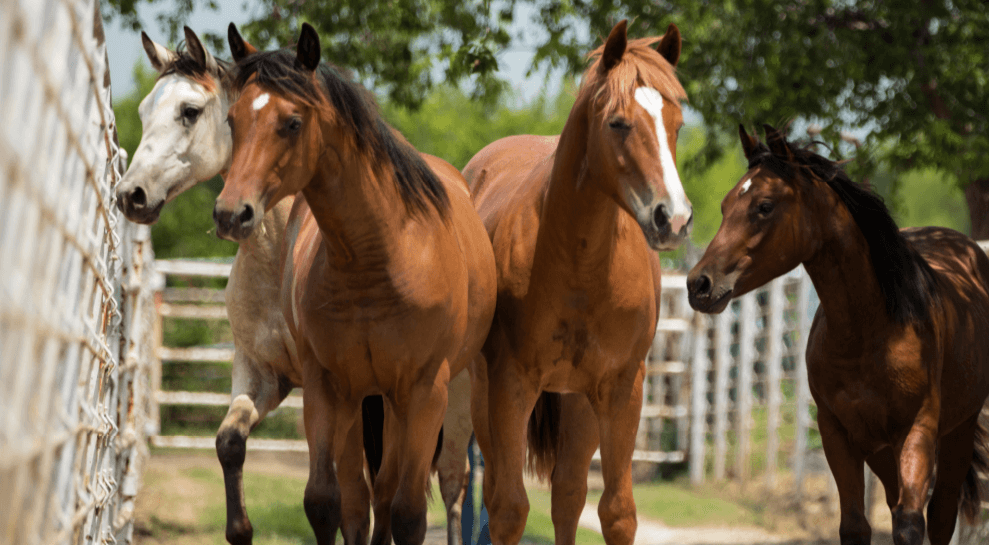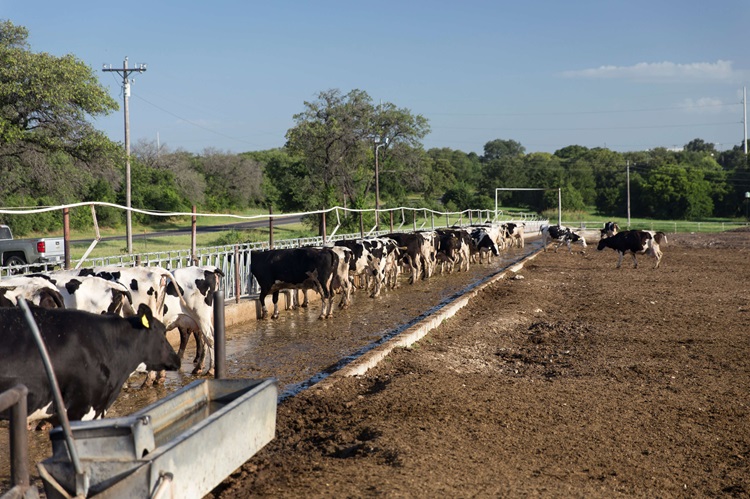Signs of Fly Infestations Around Horses
For horse owners, nothing is more important than the comfort and health of their animals. Given the great lengths owners will go to in promoting horse health and horse comfort, efforts to control flies around horses should be a primary consideration.
More than just a nuisance, flies impact horse health through their painful bites and by spreading disease. To evaluate the presence and impact of flies on your operation, look for these signs of fly infestations around horses:
Itchy, irritated skin
Horn fly bites on horses frequently occur on the shoulders, neck, withers and abdomen. This can lead to midline dermatitis, resulting in skin inflammation on horses. If the horse appears itchy or irritated, it could be a result of horn fly bites.
Summer sores
These chronic, open wounds on horses can be a direct result of flies. Flies pick up the larvae of stomach worms in manure and deposit the larvae to moist areas around the eyes, nostrils, mouth and genitalia of horses, creating a painful allergic reaction.
Eye worms
Face flies feed on secretions around the eyes of animals, and can transmit parasites in the process. Signs of eye worms on a horse can include red eyes, secretions, swelling near the eye and a cloudy cornea. In some instances, owners may notice a horse squinting or showing a sensitivity to light.
Preventing horse disease and protecting the overall health and comfort of the animal is a priority for horse owners. It requires consistent care and a wide range of dedicated efforts, including fly control.
To most effectively control flies on horses, consider a comprehensive integrated pest management (IPM) program built around ClariFly® Larvicide, a feed-through solution for the control of house and stable flies. When fed correctly, ClariFly® Larvicide decreases the development of flies in the manure of treated animals by as much as 96.7%. ClariFly® Larvicide is available in blocks, tubs or top dress feeds for horses. Learn more in our Equine Brochure.



